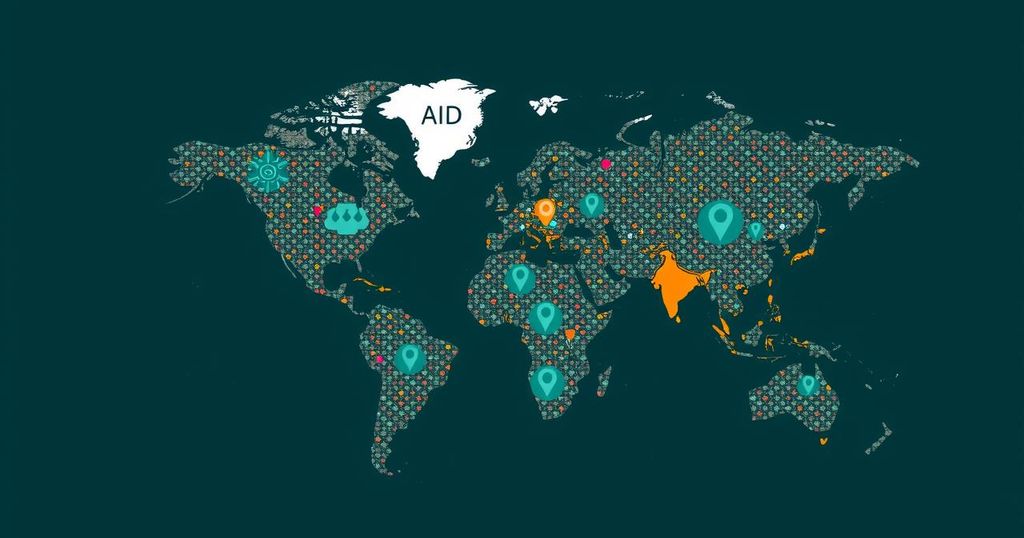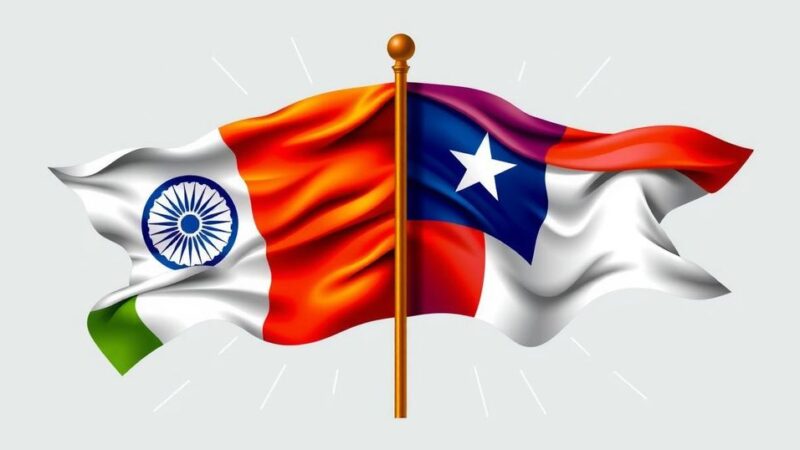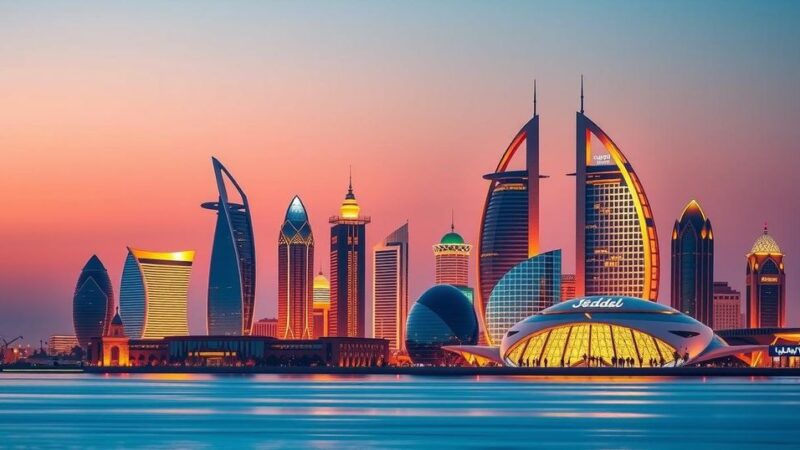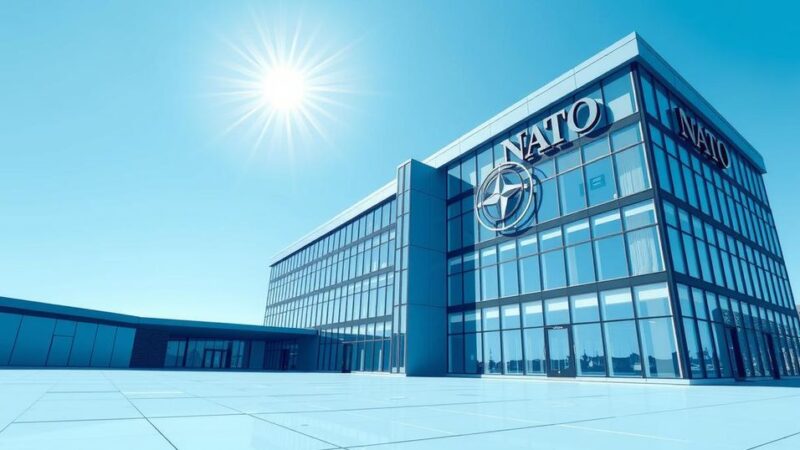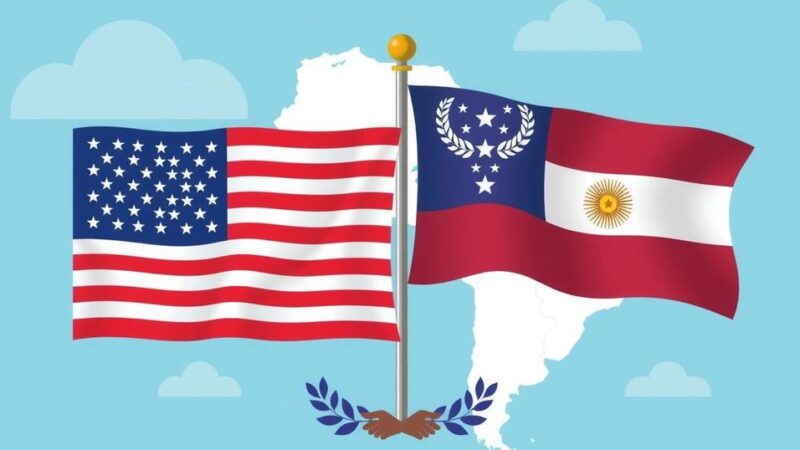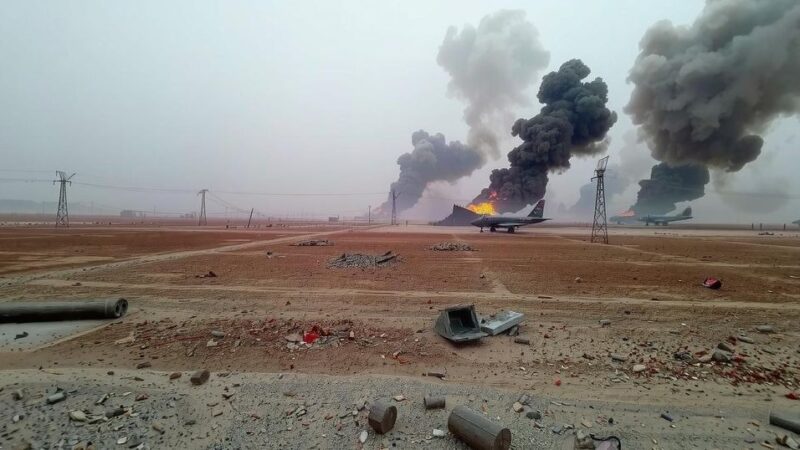The article summarizes critical developments related to humanitarian challenges in Syria, human rights violations in Iran, and the upcoming elections in South Sudan. It highlights the impact of violence on humanitarian operations in Syria, the quest for accountability by Iranian protest survivors, and the need for political freedoms and civic engagement in South Sudan as the nation gears up for its first democratic elections.
The ongoing conflict in Syria continues to exacerbate a severe humanitarian crisis, as highlighted by the UN Office for the Coordination of Humanitarian Affairs (OCHA). A recent airstrike at the Ad Dabousiyah border crossing with Türkiye resulted in multiple civilian casualties, including a volunteer from the Syrian Arab Red Crescent, and led to the suspension of humanitarian operations at border points. Deputy Regional Humanitarian Coordinator David Carden expressed concern over escalating violence in Idlib and western Aleppo, particularly its impact on children, as artillery attacks resulted in deaths and injuries among minors. Furthermore, 35 non-governmental organizations were compelled to halt their relief efforts due to the intensifying violence, emphasizing an urgent need for the protection of humanitarian workers.
In Iran, survivors of the 2022 ‘Women, Life, Freedom’ protests are advocating for accountability regarding the significant human rights violations that occurred during the government’s crackdown. The Independent International Fact-Finding Mission (FFM) recently engaged with Iranian survivors in Germany, who recounted experiences of torture, arbitrary detention, and other abuses. FFM Chair Sara Hossain stressed the importance of a victim-centered approach to justice. Survivors expressed their determination to pursue accountability despite pervasive state surveillance and judicial harassment obstructing their efforts.
Lastly, in South Sudan, UNMISS head Nicholas Haysom urged provincial governors to enhance civic and political freedoms in advance of the nation’s first democratic elections in December 2026. During the annual Governors’ Forum, Haysom emphasized the importance of establishing a transparent political environment conducive to public participation. He also called for the training of security forces to help ensure stability as the country progresses toward its electoral goals.
The article addresses critical humanitarian and political issues in three different regions: Syria, Iran, and South Sudan. In Syria, the ongoing conflict has led to worsening humanitarian conditions, complicating aid delivery amidst violent attacks. Iran’s survivors of protests against gender-based oppression seek justice for state-sanctioned violence, reflecting broader human rights concerns. Meanwhile, the UN emphasizes the importance of civic engagement and governance in South Sudan, as the nation prepares for its first democratic elections after years of conflict.
In conclusion, the humanitarian situation in Syria remains dire due to continuous violence, which threatens the safety of both civilians and humanitarian workers. In Iran, there is a strong demand for accountability regarding past abuses during protests, highlighting the ongoing struggle for human rights. Concurrently, South Sudan’s path toward its first democratic elections necessitates proactive measures by local leaders to foster an environment that supports civic freedoms and political participation, crucial for the nation’s sustainable peace.
Original Source: news.un.org
